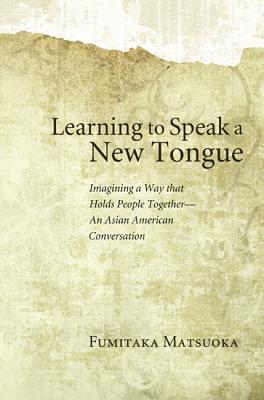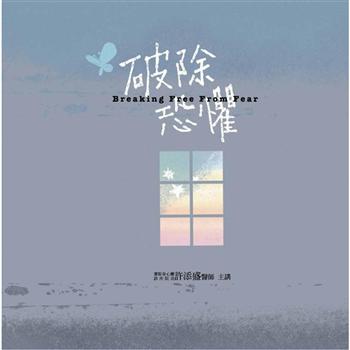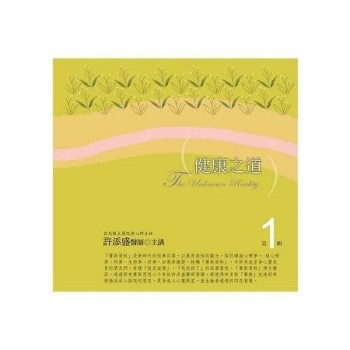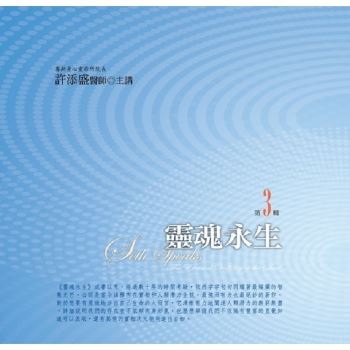Learning to Speak a New Tongue attempts to respond to a timely question facing America today: What holds people together in a fragmented world? The response comes from a religious community that has not been very visible: Asian Americans. The author employs the threefold epistemological scaffold familiar to Asian Americans: (1) translocal value orientation embedded in the experiences of racialization, (2) a heightened sensitivity to pathos arising out of our dissonance with the societal norms and values, and (3) amphibolous spirituality, that is, a co-existence of multiple religious traditions without any resolution of their differences. The angle of vision embedded in this epistemological framework of Asian Americans’ lives may well provide a clue to an alternate architectural paradigm in building a new peoplehood and to redefine democratic freedom as the historical paradigm of American peoplehood.
| FindBook |
有 1 項符合
Learning to Speak a New Tongue: Imagining a Way That Holds People Together-An Asian American Conversation的圖書 |
 |
Learning to Speak a New Tongue: Imagining a Way That Holds People Together-An Asian American Conversation 作者:Matsuoka 出版社:Pickwick Publications 出版日期:2011-09-14 語言:英文 規格:平裝 / 142頁 / 22.6 x 15 x 1 cm / 普通級 |
| 圖書館借閱 |
| 國家圖書館 | 全國圖書書目資訊網 | 國立公共資訊圖書館 | 電子書服務平台 | MetaCat 跨館整合查詢 |
| 臺北市立圖書館 | 新北市立圖書館 | 基隆市公共圖書館 | 桃園市立圖書館 | 新竹縣公共圖書館 |
| 苗栗縣立圖書館 | 臺中市立圖書館 | 彰化縣公共圖書館 | 南投縣文化局 | 雲林縣公共圖書館 |
| 嘉義縣圖書館 | 臺南市立圖書館 | 高雄市立圖書館 | 屏東縣公共圖書館 | 宜蘭縣公共圖書館 |
| 花蓮縣文化局 | 臺東縣文化處 |
|
|
圖書介紹 - 資料來源:博客來 評分:
圖書名稱:Learning to Speak a New Tongue: Imagining a Way That Holds People Together-An Asian American Conversation
內容簡介
作者簡介
Fumitaka Matsuoka is Robert Gordon Sproul Professor of Theology Emeritus at Pacific School of Religion and was Vice President for Academic Affairs/Dean and Professor of Theology at PSR and at Bethany Theological Seminary. He also served as the director of the Institute for Leadership Development and the Study of Pacific and Asian North American Religion (PANA Institute) at PSR. His books include Out of Silence: Emerging Theological Themes of Asian American Churches (1995), and The Color of Faith: Building Community in a Multiracial Society (1998). He is currently co-editing with Jane Iwamura Encyclopedia of Asian American Cultures & Religions.
|










